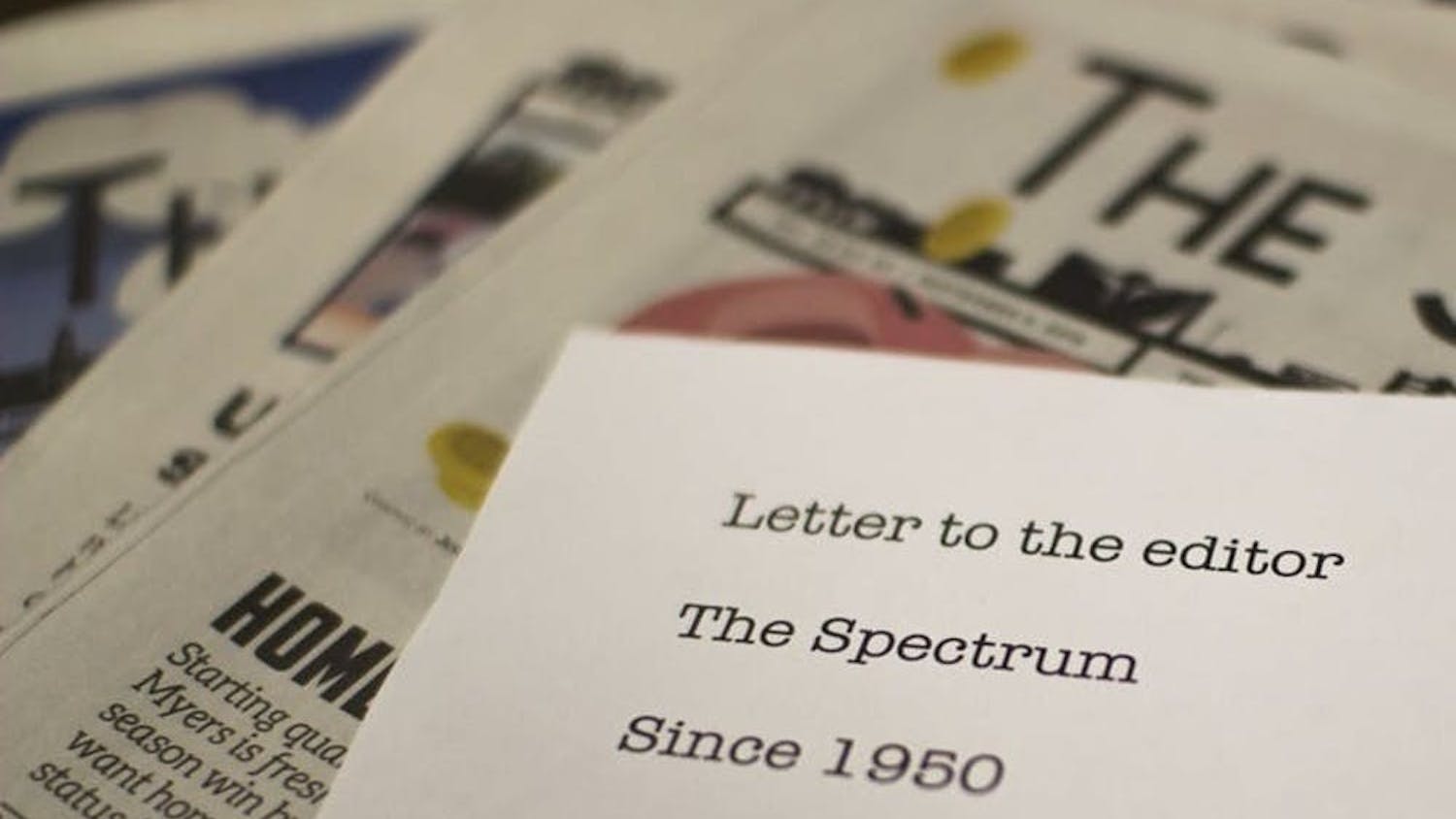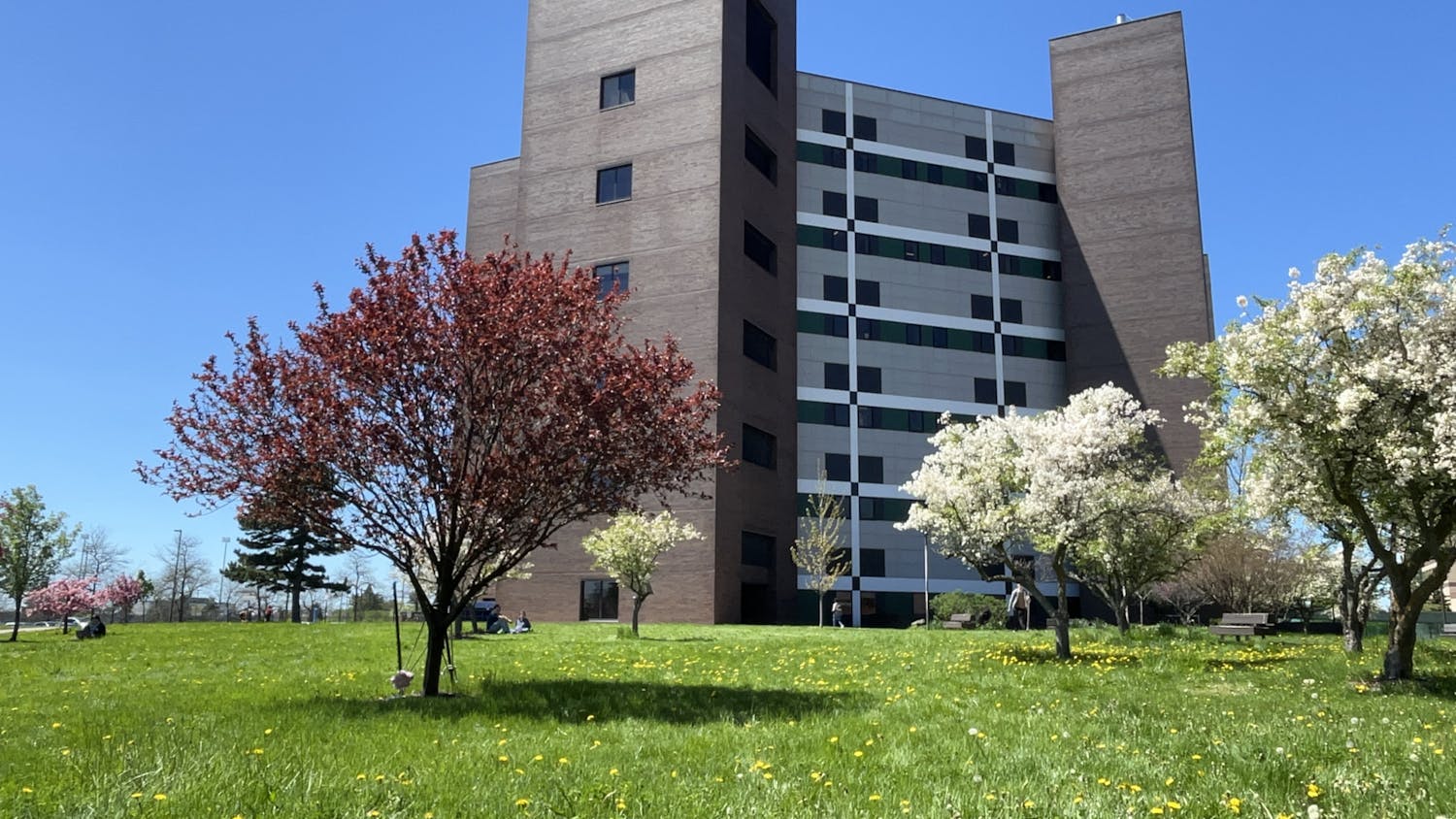Despite a hasty appointment, dissatisfied faculty and near invisibility on campus, it wasn’t until Makau Mutua faced allegations of lying under oath that his position as dean of UB’s law school grew tenuous.
UB hasn’t said, or insinuated, that the law school dean resigned because of the allegations. Mutua said it was the “right time to step down” because he accomplished what he set out to as dean. UB’s release lauded the dean as a major fundraiser.
However, The Spectrum finds the timing suspicious. One month after the allegations surfaced in court case documents, Mutua stepped down.
But Mutua’s seven-year tenure calls into question UB’s processes of decanal appointment and reviews at the university.
Mutua became an interim dean in late 2007. Then, after a failed national search, then Provost Satish Tripathi appointed him dean in May 2008. Law school faculty members questioned the search process and Mutua’s suitability for the position.
Mutua’s actions as dean suggest that these faculty members may have been right to critique Tripathi’s decision. They also illuminate the problematic lack of evaluation for deans at UB and a worrisome abundance of oversight surrounding Mutua’s tenure.
In October 2010, then President John B. Simpson and Tripathi dismissed the concerns of law school faculty after they attempted to hold a vote of no confidence in Mutua. According to law school faculty, Simpson and Tripathi informed them that they were not interested in the faculty’s concerns about the dean. Such willful disregard of complaints that at the very least merited investigation is indicative of an overly lenient attitude surrounding the leadership of UB’s academic departments.
Now, almost four years later – four years of faculty malcontent and complaints from students that they’ve never even seen Mutua – UB’s law school, which is already planning to downsize, faces the unpleasant prospect of a dean facing allegations of lying in federal court.
The allegations stem from a 2011 lawsuit filed by former clinical professor Jeffrey Malkan, who claimed that Mutua fired him unfairly. Malkan is suing for $1.3 million in damages and insists his unlawful firing and Mutua’s refusal to write him a letter of recommendation left him blacklisted and unable to find work.
Mutua is alleged to have lied while under oath, after his statements contradicted testimony from seven other UB law professors. He has also claimed to have lost materials he was required to submit to the court, in a move that Malkan says is obstruction of evidence.
And yet, after all this – after a shaky appointment, long absences from campus, discontent from professors and legal turmoil – six and a half years went by before even the possibility of accountability arose.
Mutua’s five-year review wasn’t initiated until February 2014, six and a half years after his appointment. Mutua’s review clearly wasn’t a priority to the administration, despite the multitudes of complaints generated by his questionable behavior. This suggests a serious lack of commitment to the development and maintenance of quality leadership at the law school.
Even when carried out in a timely manner, five-year decanal reviews are insufficient. Half a decade passes before deans’ successes and failures are evaluated and discussed, before problems are addressed and practices improved.
This should not be standard practice.
A lot can happen in five years – students arrive as freshmen and depart as graduates within that timespan.
This is especially problematic for recently appointed deans, such as Mutua, who could certainly benefit from more immediate feedback. UB’s outlined procedure for review of academic deans recommends that a preliminary review of new deans after three years, noting “a new dean can benefit markedly from a review during the initial years of his or her appointment.”
Somehow, Mutua flew under the radar for more than double that time. In the years that Mutua worked for the law school without undergoing review, professors were evaluated at least six times.
UB requires that department chairs review with faculty members at least once a year, discussing student feedback and assessing professors’ teaching. This procedure is sensible and beneficial to instructors and students alike. Deans should face a similarly rigorous review process.
It’s promising that the Faculty Senate is aware of this issue, and has begun to review its policy. Deans, like professors, deserve the opportunity to perform their job to the best of their ability, and feedback is a critical tool. Students and faculty should be able to feel confident that those in the upmost echelons of their school have all the resources they need – and that their dean is the best person available to be placed in such an esteemed and important position.
When faculty and students complain and it becomes increasingly clear that a dean is not serving UB sufficiently, it’s deplorable for administrators to look the other way.
email: editorial@ubspectrum.com




